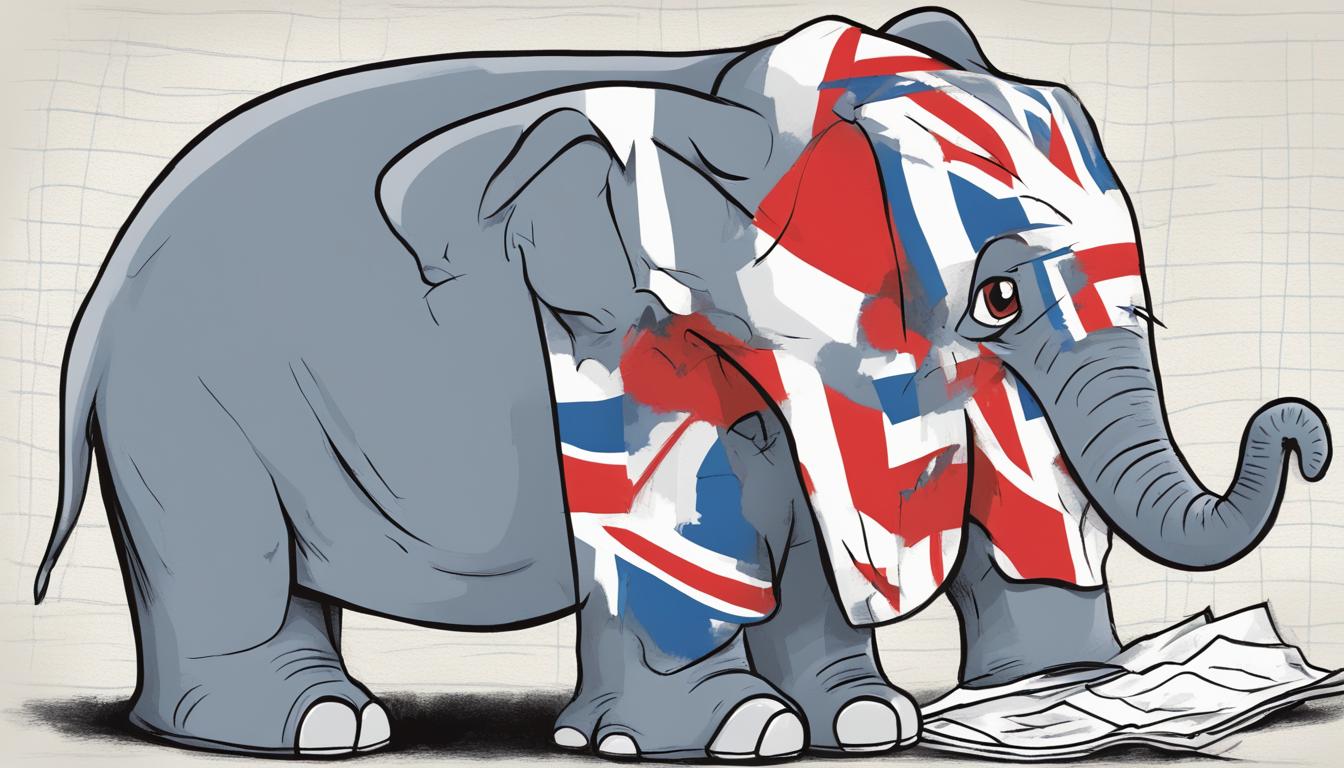Significant local election defeats across England have intensified internal conflicts within the Conservative Party and prompted discussions about the leadership and strategies under Chancellor Rishi Sunak’s tenure.
In recent local elections across England, the Conservative Party experienced significant losses, fuelling internal dissent and speculation about the future of key party members, including Chancellor Rishi Sunak. Despite a few positive outcomes like Ben Houchen’s re-election in the Tees Valley, the losses have sown doubts among Tory MPs about the party’s prospects in the next general election.
Losses included a notable defeat in the West Midlands, where Conservative candidate Andy Street was narrowly beaten by Labour’s Richard Parker. Labour also saw victories in other major areas, including London, where Sadiq Khan secured a third term as mayor. These results contributed to Labour’s broader gains in council seats, while the Conservatives faced resurgent opposition, particularly from independents in areas previously loyal to them.
Amidst these political shifts, internal Conservative voices, like Sir Liam Fox, have called for party unity. Fox warned against leadership challenges, noting that such actions could worsen the party’s standings amongst voters. He argued that despite the poor election results, there remains a path to victory in the upcoming general election, citing a lack of enthusiasm for Labour leader Keir Starmer and low voter turnout as indicators of available opportunities for the Conservatives.
These developments occur under Rishi Sunak’s leadership, whose approach, dubbed “Sunakism,” has not significantly improved the Conservative Party’s popularity. As the potential for an internal leadership contest looms, the focus remains on how the party will navigate its challenges heading into the national election cycle.













